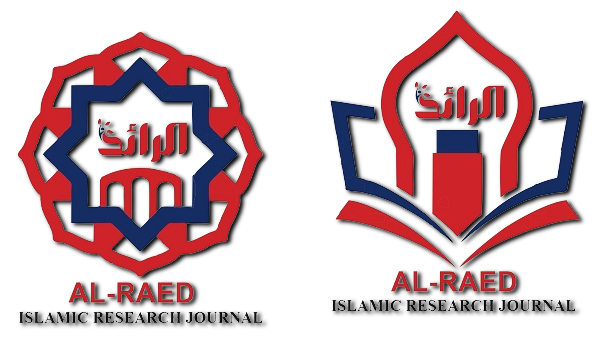
Name of Journal Al-Rā'id Research journal of social sciences
(الرائد)
Journal Frequency: 2 Issues Per Year (Bi Annual)
ISSN Online: 3007-3413
ISSN Print: 3007-3405
Language: ENGLISH, ARABIC, URDU
Name of Publisher: Department of Islamic studies, Lahore Leads university Lahore
Publisher Address: Department of Islamic studies, Lahore Leads university Lahore





